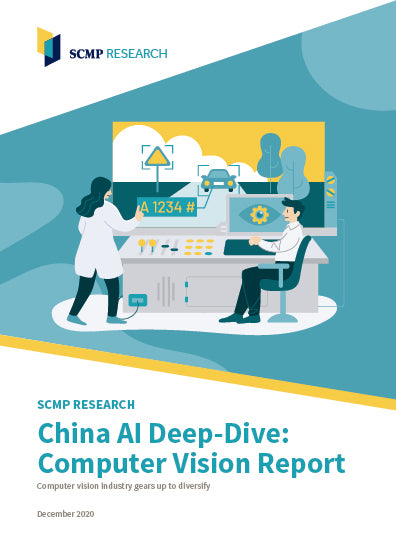Artificial Intelligence - the mimicking or demonstration of human intelligence in computers - has had a wide range of complex portrayals in the media. From the benevolent AI assistants like C3PO and Wall-E, to the insidious and overreaching depictions like HAL in 2001: A Space Oddesy, and Skynet in the Terminator, industries have had a culturally complicated relationship with AI.
While some industries have been quick to embrace this emerging technology, individual citizens and the legal systems are still wary of the various implications. However, as AI impacts the future of virtually every industry, it is time to come to grips with the ins-and-outs of this evolving technology.
Public citizens are concerned about their privacy rights -- and the courts agree.
Most recently, AI companies around the world have been making headlines as they are facing pushback from courts and the public amidst rising concerns regarding privacy surrounding biometric data and facial recognition. China, the world’s second-largest market for surveillance systems, recently ordered a wildlife park to delete the facial recognition data of patrons to the park.
This move goes along with other cities in China looking to tighten their regulation surrounding biometric data collection. Local governments in Tianjin have taken steps to prohibit private and public companies from collecting personal data, including facial recognition information.
While it is promoting nationwide public security surveillance, the Chinese government recognizes the rising privacy issue caused by companies in the private sector. It has been strengthening legislation and regulation over data privacy since at least 2017.
Are Chinese concerned about privacy violations with facial recognition?
In general, Chinese are more skeptical towards the use of facial recognition technology by the private sector, while placing high trust in the public sector and the government. This may benefit computer vision companies in the security vertical, for which public security is the biggest user. However, verticals like finance, and retail & marketing may face pushback in their deployment.

Sample page from SCMP Research China AI Deep Dive: Computer Vision
Timeline of legislation and regulation efforts on protecting data privacy over the past three years:

Sample page from SCMP Research China AI Deep Dive: Computer Vision
The information and sample pages above are taken from the China AI Deep Dive: Computer Vision Report. Click here for more information.
What is this data being used for?
The use of data has become one of the world’s largest industries. In China, the government had been collecting personal data for its national surveillance system, the “Skynet Project”. Leveraging facial recognition technology and millions of cameras deployed in public spaces, the government claims it is using the data to track criminals, though many fear the data has become a tool to target dissidents. In the private sector, corporations and institutions have also been actively expanding the use of personal data in everything from mobile payment and access control, to disease tracking and keeping tabs on students. Alongside the rising adoption of facial recognition in recent years, the loosely-regulated industry has been plagued by numerous data leaks and increasingly criticized for the abuse of personal data collection and use.
What does this mean for the future of AI in China?
While security concerns are rising among the general public, China’s government has drafted the Personal Information Protection Law (PIPL) to curb the rampant and unregulated use and collection of citizens’ personal information.
Under the new Personal Information Protection Law, users have to give consent for personal data to be used and can rescind the consent at any time. While some criticize the draft legislation saying it doesn’t do enough to protect consumers’ data privacy, most view this as a good first step in limiting big tech’s control over personal data. This trend of cracking down on illegal use and collection of personal data is largely driven by consumer demands for safer and more transparent practices.
Sponsored Content
Looking for more information regarding the AI industry in China? SCMP Research reports will help your company make better business decisions with an insider's understanding of China's complex and fast-paced market. From healthcare to financial technology, SCMP research combines high-quality reporting with proprietary data, as well as closed-door conversations with industry experts, to give your company key insights into your specified field.
Click here for more information.


Cover of SCMP Research Report China AI Deep-Dive: Computer Vision Report

